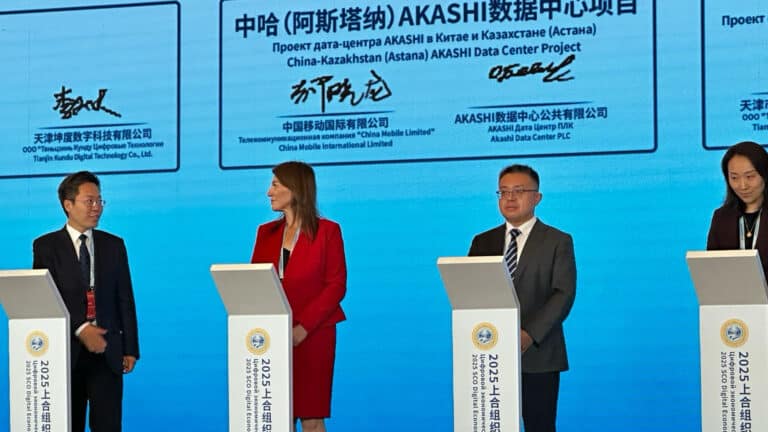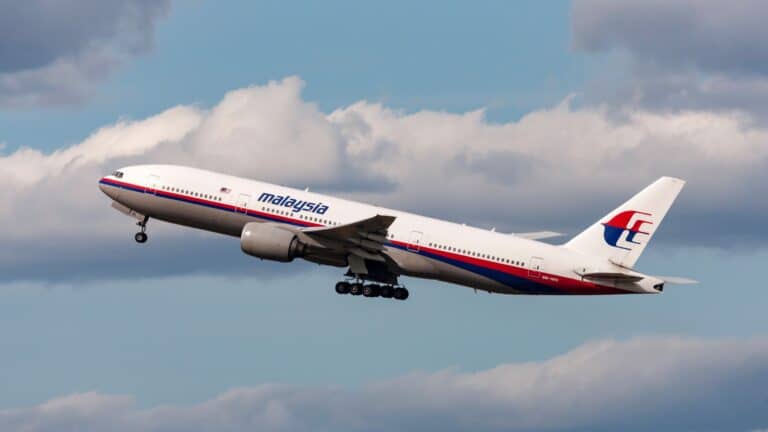
On Tuesday, January 7, shares of small cancer drug developer MAIA Biotechnology jumped more than 15% to hit their highest level in a month and a half as investors rushed to buy MAIA shares on news of the company’s new partnership with leading Chinese pharmaceutical firm BeiGene, positioning the duo to target markets worth tens of billions of dollars.
Details
On Tuesday, MAIA stock jumped more than 15% on the New York Stock Exchange to $2.38 per share, the highest closing price in a month and a half, with the previous peak of $2.39 per share recorded on November 13, 2024. The stock is down more than 28% over the past six months but still up nearly 58% for the year to date.
On Tuesday, MAIA announced a partnership with BeiGene, a global pharmaceutical company founded in China with a market capitalization of almost $18.7 billion on the Nasdaq, to test MAIA’s anticancer agent THIO in combination with BeiGene’s immune checkpoint inhibitor tislelizumab, an approved treatment for certain tumors, including Hodgkin’s lymphoma and lung cancer. The partners plan to study the drug combination in three indications: liver cancer, colorectal cancer, and small-cell lung cancer. The latter, though less common than non-small-cell lung cancer, is more aggressive and prone to relapse.
Under the agreement, BeiGene will supply tislelizumab for the clinical trials, while MAIA will fund them. MAIA also maintains global rights to THIO and is free to study it in combination with other molecules and in other indications. According to its press release, the company aims to expedite FDA approvals for trials in each of the three indications.
About MAIA and THIO
MAIA focuses on targeted cancer therapies and immuno-oncology treatments. Its lead drug candidate, THIO, claimed to be first in class, is designed to directly target telomeres. Telomeres can be thought of as “protective caps” on the ends of chromosomes. THIO “uncaps” these chromosomes, resulting in rapid tumor cell death. This molecule also produces cancer cell specific immune memory, enabling the immune system to recognize and fight cancer after extended periods of time with no treatment, MAIA notes.
The FDA has granted THIO orphan drug designation for three indications: liver cancer, small-cell lung cancer, and glioblastoma, an aggressive brain cancer, noted MAIA CEO Vlad Vitoc (as cited in the press release). This designation supports treatments for rare but serious diseases and offers financial incentives to developers.
MAIA adds that it had already studied THIO in combination with BeiGene’s tislelizumab for liver cancer in preclinical trials (i.e., on animals). The results showed a 100% response rate to sequential administration, with no recurrence. For context, current liver cancer therapies result in recurrence rates of 13–70% within the first five years, depending on the treatment.
Context
According to the World Health Organization (WHO), one in five people worldwide will develop cancer in their lifetime. Lung cancer is the most common type, while colorectal cancer ranks third. About 85% of all colorectal cancer cases are classified as “cold tumors,” notes MAIA. Such tumors are typically surrounded by cells that suppress the immune response, making them unresponsive to immunotherapy. In all preclinical studies, THIO successfully converted cold tumors into hot tumors, making them responsive to treatment, MAIA reports.
If the FDA approves the drug combination for all three indications, MAIA will gain access to markets, whose combined size is expected to exceed $33 billion by 2032–2034, according to the press release.
Stock Performance
According to MarketWatch, the one analyst who covers MAIA has a “buy” recommendation with a target price of $14 per share, almost six times the last closing price.













